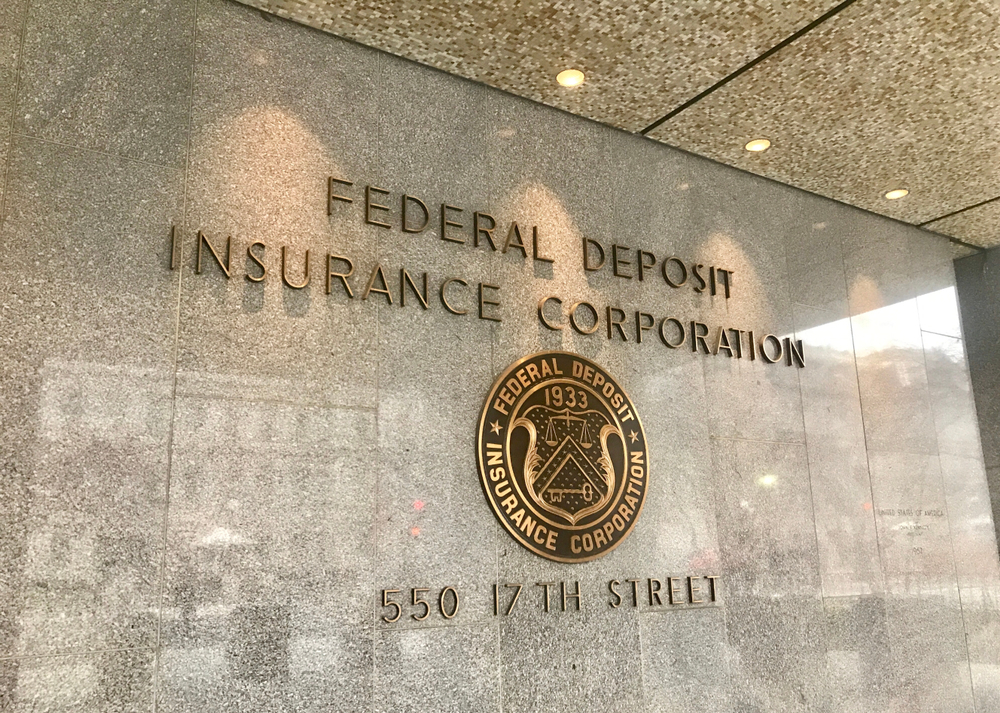Per multiple reports, Indonesian authorities will start charging value-added tax (VAT) on crypto transactions and another 0.1% tax on profits from crypto investments. Part of the official announcement states that the policy will become effective by next month.
Crypto Transactions Are Taxed Because They Are Commodities – Federal Authorities
The current Indonesian crypto policy considers digital assets as commodities. A 2021 data from Indonesia’s commodity futures regulatory body revealed that there had been a 1,000% increase in crypto trading volume in the country between 2020 and 2021.
One of the top government officials, Hestu Yoga Saksama, stated via a media chart that “the government is charging VAT because it considers digital assets as commodities and not currencies. He added that the government isn’t done with updating the nation’s crypto tax policies.
The VAT charge for every crypto transaction is significantly less than that charged on goods and services. However, the 0.1% income tax on crypto investments is the same as that of stock investments.
Increasing Government Income Through More Taxes
The bill to upgrade the nation’s crypto policy was proposed last December. However, Indonesia’s legislature had earlier approved a proposal to increase VAT, resume corporate tax, and collect carbon levy. The government estimated that it would earn nearly 140M Rupiah, which would offset some of its 2020 expenses as a result of the COVID-19 pandemic.
Earlier in the year, the nation’s financial watchdog (the OJK) reiterated that it hasn’t permitted any financial-related firm to start selling crypto offerings. A January 2022 statement reads, “the OJK still restricts any financial service provider from having anything to do with the crypto industry, whether services such as brokerage or products such as crypto investment funds.”
The regulator further clarified that only digital asset transactions can take place on commodity exchanges, but the agency plans to create another exchange for crypto trading. The tax agency added that digital assets are not currencies. Hence, they can’t be used for settling financial transactions.
A Hint For Us Financial Regulators
With the US agencies struggling among themselves over who should perform oversight functions over the crypto industry, Indonesia’s handling of the crypto industry may give us an idea of how it should oversee its crypto space. Recently, FTX co-founder (Sam Bankman-Fried) spoke at an event in Georgetown, Washington. He claimed that the CFTC would play a more significant role in crypto regulation and appealed to Congress to expand the scope of the CFTC’s oversight functions to include crypto.
A senior lecturer from Georgetown law school, Patrick McCarty, further said: “The exchanges have agreed that they won’t want to be regulated by the SEC.” Indonesian authorities are still mulling over legalizing a well-structured crypto policy. However, the National Ulema Council (NUC), an Islamic group constituting most of Indonesia’s population, has claimed that it is forbidden to use crypto to perform financial settlements under Islamic laws. While the group’s submission can be considered, they are not likely to be adopted by the federal authorities.







